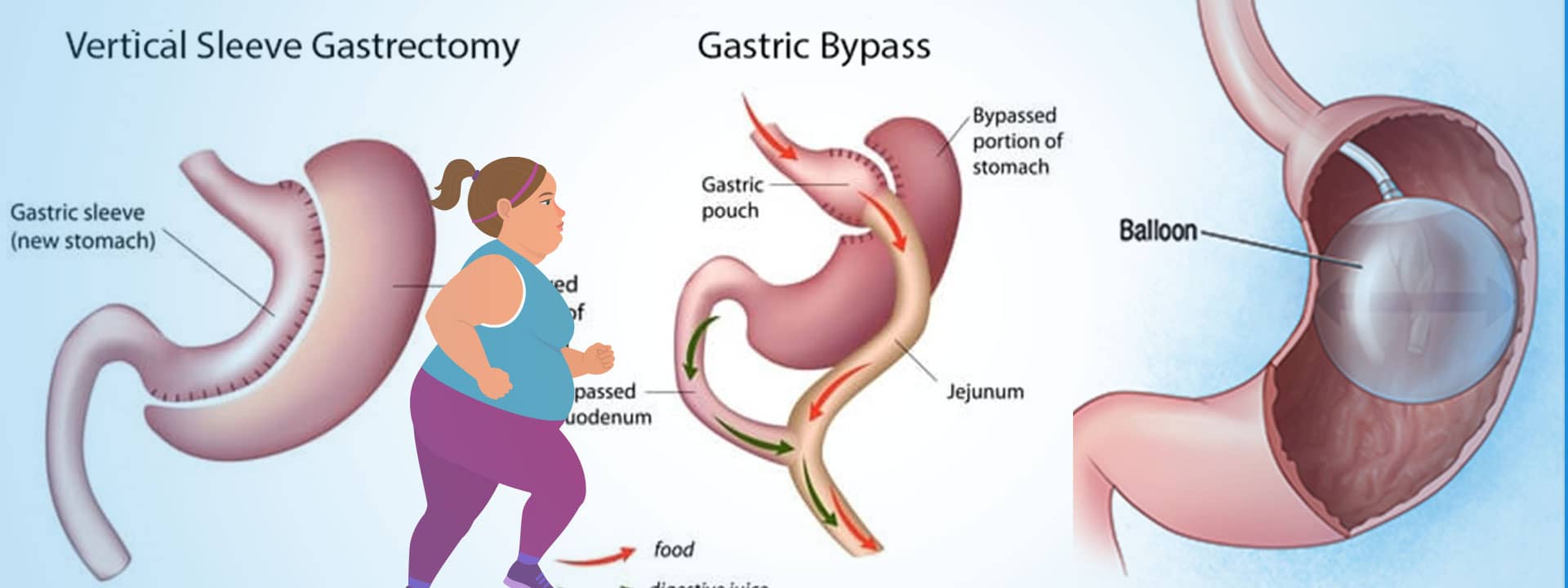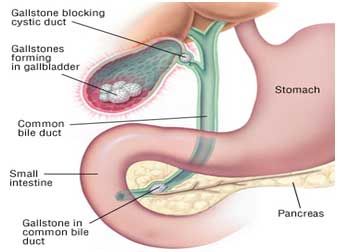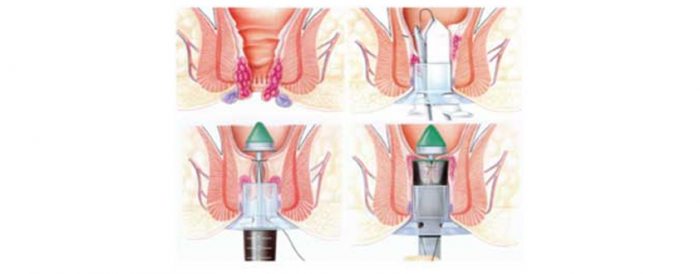The Best Hernia Surgeon in Delhi NCR
If you're seeking the best hernia surgeon in Delhi NCR, look no further than Dr. Arun Bhardwaj. Renowned for his expertise and compassionate care, Dr. Bhardwaj stands out as the region's leading laparoscopic and hernia surgeon. With years of experience and a commitment to delivering outstanding patient outcomes, he is dedicated to ensuring a smooth and successful recovery for every patient.
Types of Hernia Surgery
Hernia surgery can be performed using various techniques, depending on the type and severity of the hernia. The main types of hernia surgery include:
- Open Hernia Repair: Traditional surgery where an incision is made to push the herniated tissue back into place and reinforce the weakened area with a mesh.
- Laparoscopic Hernia Repair: A minimally invasive technique where small incisions are made, and a laparoscope (a thin tube with a camera) is used to guide the repair. This method often results in less pain and quicker recovery.
- Robotic Hernia Repair: A variation of laparoscopic surgery, using robotic-assisted technology for greater precision and control during the procedure.
Foods to Avoid During the Final Phase of Post-Surgery Care
After hernia surgery, it's crucial to follow a diet that promotes healing and avoids complications. Foods to avoid during the final phase of post-surgery care include:
- Spicy Foods: Can irritate the digestive system and exacerbate discomfort.
- Fried and Fatty Foods: May lead to digestive issues and slow recovery.
- High-Fiber Foods: Like beans and whole grains, which can cause bloating and gas.
- Caffeinated and Carbonated Beverages: Can cause stomach discomfort and bloating.
Instead, focus on a balanced diet with lean proteins, soft fruits, and well-cooked vegetables to aid in recovery.
What is Minimal Access Surgery or Keyhole Surgery?
Minimal Access Surgery, also known as Keyhole Surgery, refers to surgical techniques that involve small incisions rather than a large open incision. The surgeon uses specialized instruments and a camera to perform the surgery through these small openings. This approach generally results in:
- Reduced Pain: Smaller incisions mean less tissue damage.
- Minimal Scarring: Smaller scars compared to traditional surgery.
Who are the Candidates for Hernia Surgery? (Am I a Candidate?)
Candidates for hernia surgery typically include individuals who experience:
- Persistent Pain: Pain that does not improve with medication or lifestyle changes.
- Difficulty with Daily Activities: Discomfort affecting daily tasks or physical activities.
- Hernia Complications: Risk of strangulation or incarceration, where the hernia becomes trapped and blood supply is compromised.
If you're experiencing symptoms or have concerns about a hernia, consulting with a specialist like Dr. Arun Bhardwaj will help determine if surgery is the right option for you.


